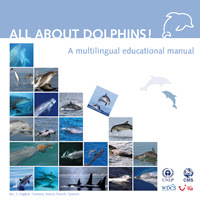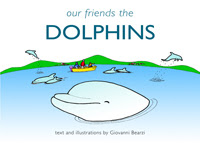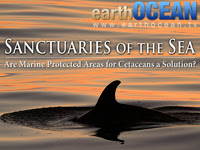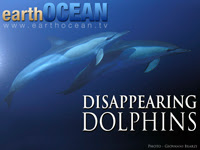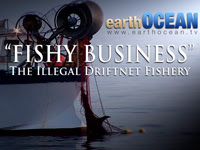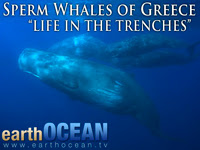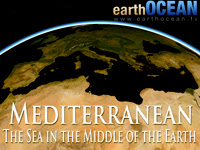
MOm, the
Hellenic Society for the Study and the Protection of the Mediterranean Monk Seal, is celebrating its 20th year of activities with the release today of Victoria, the 16th seal pup the organisation has rehabilitated since it began operating. With only 300-400 monk seals still existing in the Mediterranean, most of which in Greek waters, the survival of each individual is of greatest conservation importance.
Victoria was named after a lady who in October 2007 braved the rough seas near the Greek island of Tinos to rescue the seal pup, hours after she was born. When found, Victoria weighed just 15 kg, was malnourished and suffered from serious injuries. Having been treated for four months at MOm’s monk seal hospital, located on the island of Alonissos, she fully recovered and was taught the skills needed to survive on her own in the open sea.
At the time of her release in the waters of the National Marine Park of Alonissos - the world’s largest and most important Mediterranean monk seal sanctuary - Victoria now weighs more than 50 kg and is quite capable to hunt for her prey. To keep track of her movements and conditions, Victoria carries with her a special transmitter developed in cooperation with scientists from the Sea Mammal Research Unit in Scotland. This will transmit to MOm via SMS constant information on the seal’s whereabouts, depth of dives, time spent in and out of the water and swimming speed.
Giuseppe Notarbartolo di Sciara---
Photograph by Vangelis Paravas, MOm
For more information
MOm, the Hellenic Society for the Study and the Protection of the Mediterranean Monk Seal



